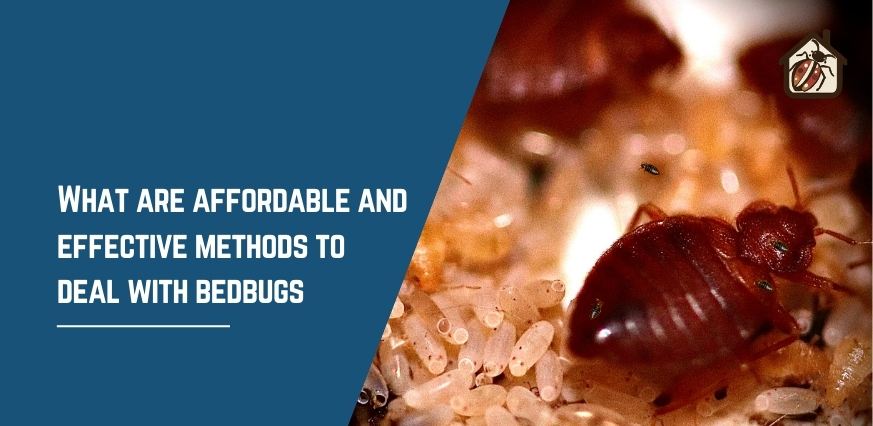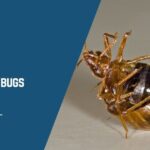
bed bugs so hard to eliminate
The secretive, nocturnal bed bugs that plague our dreams and incite fear have a well-deserved bad reputation due to their perseverance and resistance to removal. These little bloodsuckers persist and present difficulties to even the most experienced exterminators, despite the advances in pest management.
In this piece, we’ll explore the unique qualities of bed bugs, from their skillful concealment to their evolved defenses, that make bed bugs so hard to eliminate.
Masters of Hide and Seek
Bed bugs can fit into areas that are smaller than a credit card with ease, making bed bugs so hard to eliminate, the masters of disguise, akin to ninjas. They are skilled at hiding beneath baseboards, headboards, beds, box springs, and even wallpaper.
Because of their remarkable ability to conceal, bugs are difficult to find; expert exterminators with sharp eyes and specific tools are needed to find every hidden bug.
Reproductive Rascals
Even while a single female bed bug can only produce one egg every day, the overall impact of their incredibly fast reproduction is astounding. Because they may live for more than a year, an infestation that seems small can turn into a major problem very rapidly.
Because of their propensity for reproduction, comprehensive and ongoing eradication is necessary to keep the colony from growing back.
Hunger Games Champions
Survival experts, bed bugs may go for months without feeding on human blood. They store energy during this sleep phase, thus elimination attempts must be comprehensive and persistent. Any bugs that are missed could later reappear and make the removal process more difficult.
Chemical Warfare Experts
Bed bugs are renowned for their tenacity and have grown immune to conventional pesticides. They have thicker exoskeletons and enzymes that degrade poisons, making traditional pesticides useless. Effective eradication requires a multifaceted strategy that incorporates techniques other than just using pesticides.
Hitchhiking Houdinis
Bed bugs are skilled migrants who take advantage of greater worldwide mobility to establish themselves in a variety of places. It is hard to stop their spread, especially in multi-unit buildings and densely crowded locations, as they catch a ride on clothing, baggage, or public transit.
Silent Assassins
Bed bug bites hurt less than mosquito bites, and victims frequently don’t realize they’ve been bitten until they start to itch. Because of their prolonged ability to proliferate unhindered by discovery, infestations are harder to eradicate.
Living Fossils with Evolving Defenses
Throughout millennia of existence, bed bugs have developed into hardy organisms. They possess genes from several organisms that confer protection against viruses and insecticides. Their constant evolution makes them harder to get rid of since they adjust to modern pest management techniques.
You may also like:
- Is there any permanent solution for bed bugs
- Can I sleep in a bed with bed bugs
- What are affordable and effective methods to deal with bedbugs
FAQs
Why are bed bugs so challenging to find and detect
How quickly do bed bugs reproduce, and why does this pose a problem?
What makes bed bugs effective for survivors during periods without feeding?
Why have bed bugs become immune to traditional pesticides, and what does this mean for eradication?
How do bed bugs exploit global travel, and why is it challenging to prevent their spread?
Why are bed bug bites often painless, and how does this affect the detection of infestations?
How have bed bugs evolved over millennia, and what does this mean for eradication efforts?
What is the key to effectively combating bed bug infestations?
Conclusion
Fighting bed bugs is a difficult and ongoing battle that necessitates a thorough comprehension of their distinct traits. Due to their superior ability to conceal and their innate defenses, bed bugs have shown to be extremely difficult pests to eradicate.
A comprehensive strategy is needed for effective eradication, one that incorporates careful inspections, tenacious treatment plans, and an understanding of the difficulties presented by their extraordinary ability to survive.


